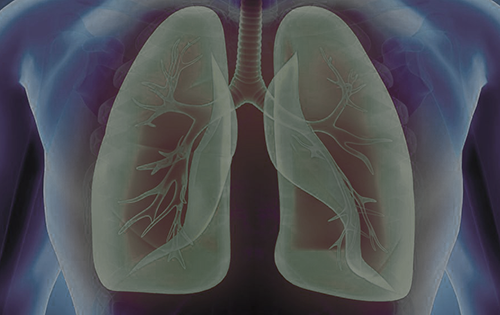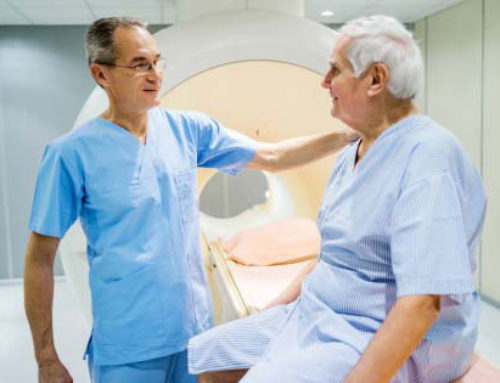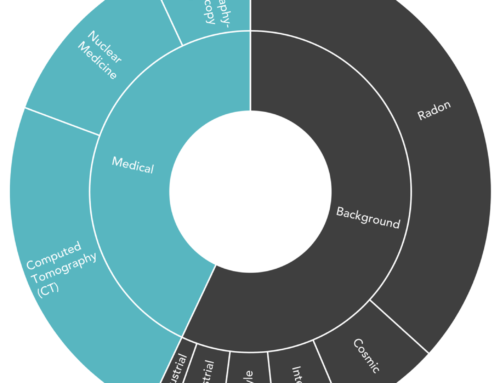Lung cancer is the second most common cancer in both men and women. In men, prostate cancer is more common, while in women breast cancer is more common. About 14% of all new cancers are lung cancers. While it is the second most common cancer, it has a worse prognosis and is by far the leading cause of cancer death among both men and women; about 1 out of 4 cancer deaths are from lung cancer. Each year, more people die of lung cancer than of colon, breast, and prostate cancers combined. Despite the very serious prognosis of lung cancer, some people with earlier stage cancers are cured. More than 430,000 people alive today have been diagnosed with lung cancer at some point.
Screening
Studies have shown that low-dose computed tomography (LDCT) screening exams reduced lung cancer deaths in individuals at high-risk for developing lung cancer. LDCT is a procedure that uses low-dose radiation to make pictures of your lungs. Our radiologists review these pictures looking for early signs of lung cancer. Lung cancer typically occurs in the form of a lung nodule but more than 95% of these nodules do not represent cancer. If your LDCT scan detects a nodule, our radiologists will likely recommend a follow-up LDCT scan several months later to check that the nodule does not change in size. If the nodule grows or is suspicious, our radiologist may recommend further evaluation with an advanced imaging study (PET) and/or removal of a small piece of the nodule (called a biopsy) to determine if the nodule is malignant (cancerous) or benign.
You are considered to be at “high risk” for developing lung cancer and annual screening with LDCT is recommended if you meet the following criteria:
- 55-80 years of age
- Have a 30 pack-year history of smoking (this means 1 pack a day for 30 years, 2 packs a day for 15 years, etc.)
- AND, are a current smoker, or have quit within the last 15 years
Most health insurance plans now cover lung cancer screening CT scans. Always check with your insurance plan before the procedure to learn more about your screening coverage.
Remember: The best way to prevent lung cancer is to never smoke or stop smoking now.
More Information
You can find more information on lung cancer screening at:




